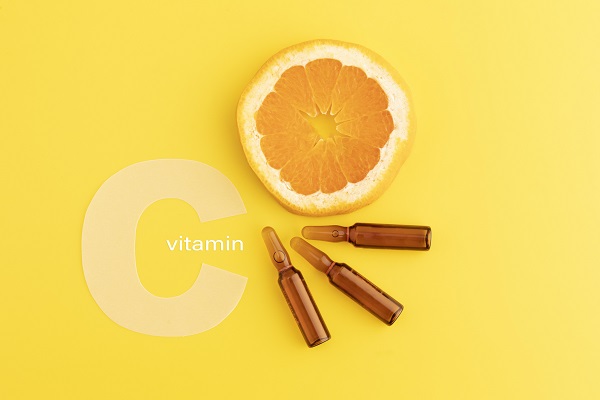It’s no new news that our body requires vitamins and minerals for optimum functioning. But thanks to our cosmopolitan lifestyle that typically includes eating a lot of junk food and processed food, our diet lacks these essential nutrients.
But what are the essential nutrients we are talking about? We’re not just talking about protein, but we are talking about vitamin C. We are all familiar that vitamin C is essential, but mind you it’s not just essential for skin health but other aspects of health as well.
Also known as ascorbic acid, vitamin C is responsible for several functions of your body like the development of collagen (a protein that promotes joints and skin health), absorption of iron from the food you eat, quick healing of wounds and bruises, optimum functioning of the immune system, and protecting the health of the cartilage, bones, and teeth.
Your body does not produce or store vitamin C, so the only way to get the vitamin is by consuming foods or supplements that are rich in vitamin C. If you have a habit of consuming alcohol regularly, smoking cigarettes, or suffer from anorexia (eating disorder), there are high chance that you have a vitamin C deficiency.
But how do you know you have a vitamin C deficiency? Getting a health checkup is the way to go. But before that, recognising certain signs of vitamin C deficiency is essential.
Signs of vitamin C deficiency
Your wounds heal slower
Vitamin C is essential for collagen production. Without collagen, your body doesn’t produce enough collagen essential for wound healing and replacement of skin cells. It is essential in all phases of wound healing, including synthesis, maturation, secretion and degeneration. Vitamin C deficiency affects the maturation phase by slowing down scar formation.
You have hyperpigmentation and dull skin
Dreaming to have that flawless skin? You must add vitamin C to your daily diet. If you are experiencing skin issues such as hyperpigmentation and dull skin, it could point to vitamin C deficiency. Vitamin C contains antioxidants and anti-inflammatory properties and improves the production of collagen and skin tone. Deficiency of the same can cause these issues.
You feel exhausted all the time
Feeling exhausted all the time? It could be vitamin C deficiency. As per clinical studies, exhaustion is one of the first signs of vitamin C deficiency.
This nutrient plays a crucial role in converting food into energy. Without enough vitamin C, your body struggles to perform essential metabolic functions, leading to low energy levels. As a result, you may feel sluggish or drained, even after a full night’s sleep. This constant state of tiredness can affect your daily activities and lifestyle.
You have bleeding gums
Vitamin C is vital for maintaining healthy gums and teeth. It helps in the production of collagen, a protein that supports the structure of your skin, blood vessels, and tissues. A lack of vitamin C weakens your gums, making them more prone to irritation, swelling, and bleeding. If you notice your gums bleeding when brushing or flossing, it could be a sign that your vitamin C levels are too low.
You have aching joints
Collagen is essential for keeping your joints strong and flexible, and vitamin C plays a key role in its production. When you’re deficient in this vitamin, the loss of collagen can cause your joints to become weak, inflamed, or stiff. Aching joints, particularly without any obvious cause, may be an indicator that your body is not getting enough vitamin C to maintain healthy connective tissues.
Closing thoughts:
As established vitamin C is an essential nutrient. Its deficiency can cause various problems in the body. Hence, it is essential to keep an eye out for these signs as it’s the first step towards treating the deficiency. From fatigue and bleeding gums to aching joints, these symptoms are your body’s way of signalling a need for more vitamin C. Thankfully, this deficiency can be easily addressed through dietary changes, such as eating more fruits and vegetables like oranges, strawberries, and bell peppers.




